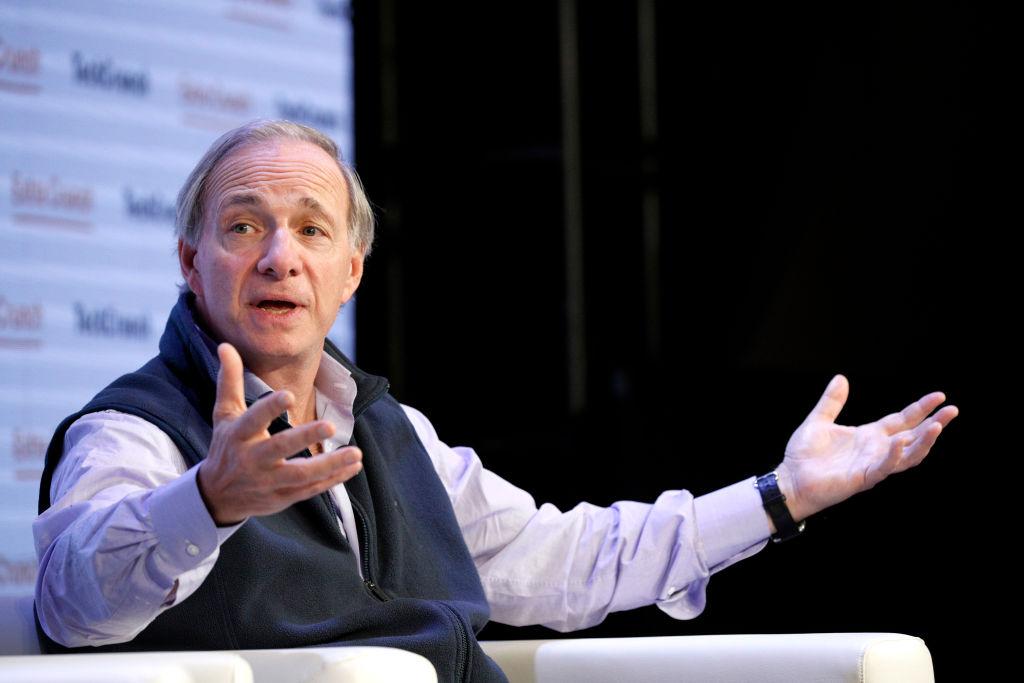Renowned investor Ray Dalio told an Australian newspaper in a recent interview that he thinks central banks across the world will be forced to reverse their current paths of monetary tightening and cut rates in 2024 after their economies suffer from stagflation.
Dalio, the billionaire founder of Bridgewater Associates LP, told the Australian Financial Review in an interview published June 8 that stagflation—the toxic combination of sluggish growth and high inflation—would follow the current bout of central bank rate hikes.





